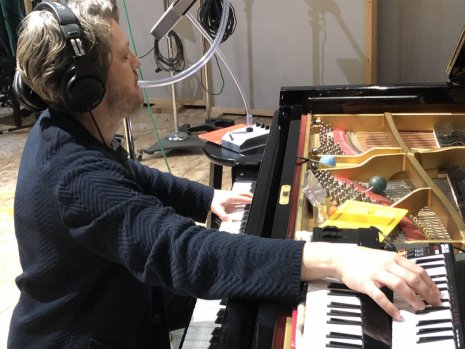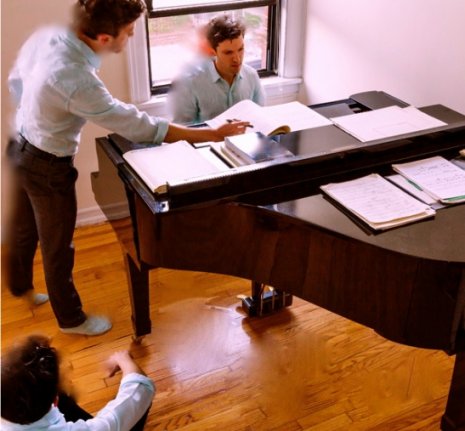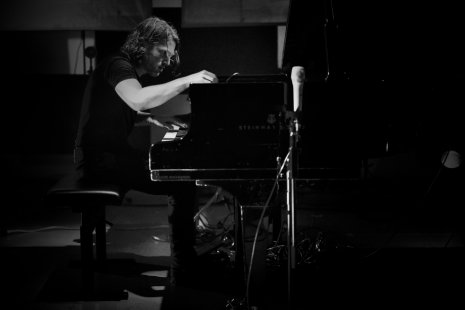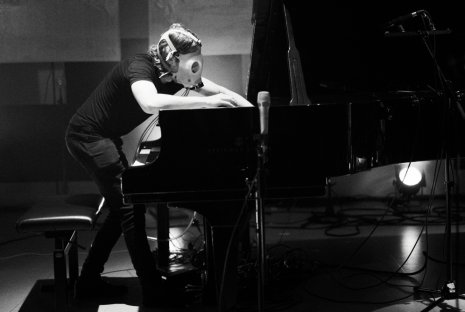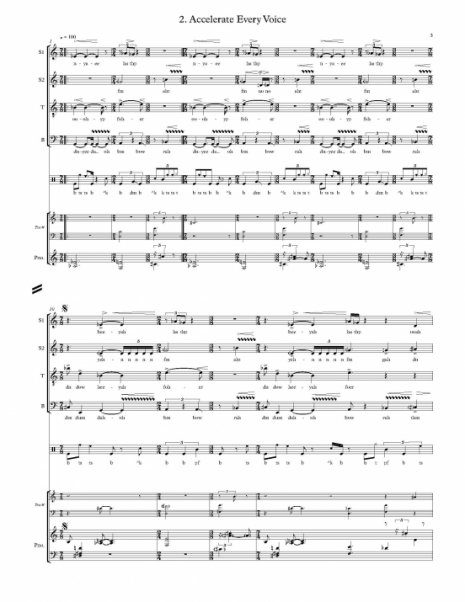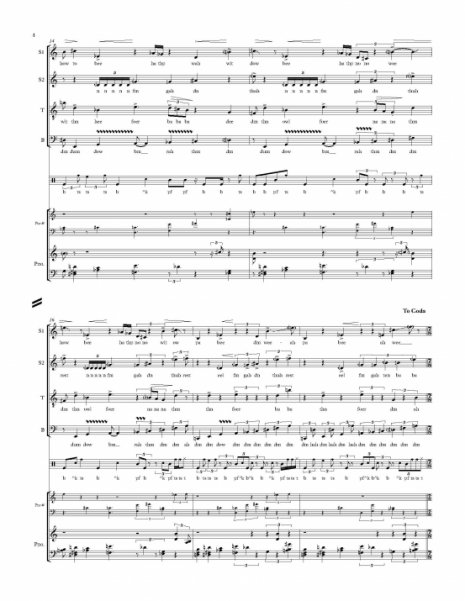In Cory's Words...
Much of my work as a pianist has been spent realizing the musical visions of others (often brilliant and generous others, whose influence extends well beyond their outsized contributions to my creative practice). Though I have been writing and improvising music at the piano for as long as I can remember, only in recent years have I found it possible to reliably devote time to my own work. And certainly some important part of that story has to do with a kind of long, albeit amorphous, apprenticeship — spanning the better part of my 20s and 30s, across a wide range of projects and fortuitous musical encounters (in the International Contemporary Ensemble, the Tyshawn Sorey Trio, with Anthony Braxton, Ingrid Laubrock, Steve Lehman, Nicole Mitchell…) — that finally began bubbling over into the music I'm making today.
In that music, I’m trying to develop a distinctive identity as an improvising pianist (or a set of identities, growing and mutating identities). I’m trying to invent a personal and compelling approach to the piano's peculiar sonic constraints, and I’m trying to prepare/compose/enact music from a considerate and imaginative knitting-together of practices. However quixotically, I'm aiming to make music in meaningful conversation with that of my heroes (Geri Allen, Gerard Grisey, George Lewis...) and, like them, to make possible a flowering of unique, powerful, thick, collective experiences of sound and substance in the world.
Circulate Susanna (2018) sketches an imaginary, alien Americana with the disappearing ink of Stephen Foster's Oh! Susanna, (in a musical web also comprising improvised textures, microtonal harmonies, and Sofia Jernberg's extraordinary and personal set of vocal techniques), making visceral a haunted musical inheritance whose acts of violence and erasure may be understood as metonymy for whiteness generally.
A hypothetical enclave of musicians motivates my 2019 Trondheim Jazz Orchestra commission -- one situated in the albeit perilously near future — whose musical preoccupations reflect chronic inundation (Liquiform 2) and rumination on betrayal (this project belongs to a set of, sometimes oblique, reworkings of Jerome Kern and Otto Harbach's Smoke Gets In Your Eyes).
My record Accelerate Every Voice (2020) envisages a fictional collegiate glee club (one well-versed in spectral harmony and contemporary improvisation) in muddled engagement with Andrew Hill’s remarkable record Lift Every Voice (1970). It draws on Hill’s music, on the James Weldon Johnson anthem to which Hill makes reference, on the sonic vocabulary of contemporary collegiate a cappella (suggested by Hill’s vocables), and on the Whiffenpoof Song buried in the bedrock of that odd collegiate-musical history. Its exuberant, over-saturated vocal music gives way, on the record’s B-side, to the mock serenity of a fantasized piano swallowed by the empty sea, in homage to Annea Lockwood's Southern Exposure (1982).
In fact, a kind of fantasized piano has increasingly become my primary instrument, as heard in both the Trondheim music and Accelerate. The setup I’ve devised (born out of collaborations with enormously admired mentor, Craig Taborn) augments the acoustic piano with a small MIDI keyboard with which I control a virtual piano, tuned a quarter-tone sharp to the real one, whose tones emanate from a transducer speaker placed on the piano’s own soundboard. The result intermingles real and fictional piano tones, creating the illusion of an instrument with extra, microtonally detuned keys (a 24-note division of the octave instead of the piano’s normal 12).
Fictional inclinations aside, an important fact about the music above is how deeply dependent it is on the contributions of the extraordinary musicians with whom I’ve had the privilege of working. Circulate Susanna is hugely indebted to Sofia Jernberg’s wondrously idiosyncratic vocal vocabulary as well as to Dan Lippel’s enormous interpretative range. Beyond just courting an inventive ensemble’s realtime improvisations, the Trondheim Jazz Orchestra music draws heavily from the preexisting work of its myriad unique members — Espen Reinertsen and Eivind Lønning’s Streifenjunko soundworld and Okkyung Lee’s shape shifting virtuosity in particular. (The cello virtuosity in the studio version of Liquiform 2, included here, is the work of brilliant Herb Alpert awardee, Tomeka Reid!) Accelerate Every Voice is largely a set of platforms for improvising vocalists Kyoko Kitamura and Michael Mayo to dream audibly, and it could never have existed without the guidance and contributions of vocal percussionist and coach, Kari Francis.


